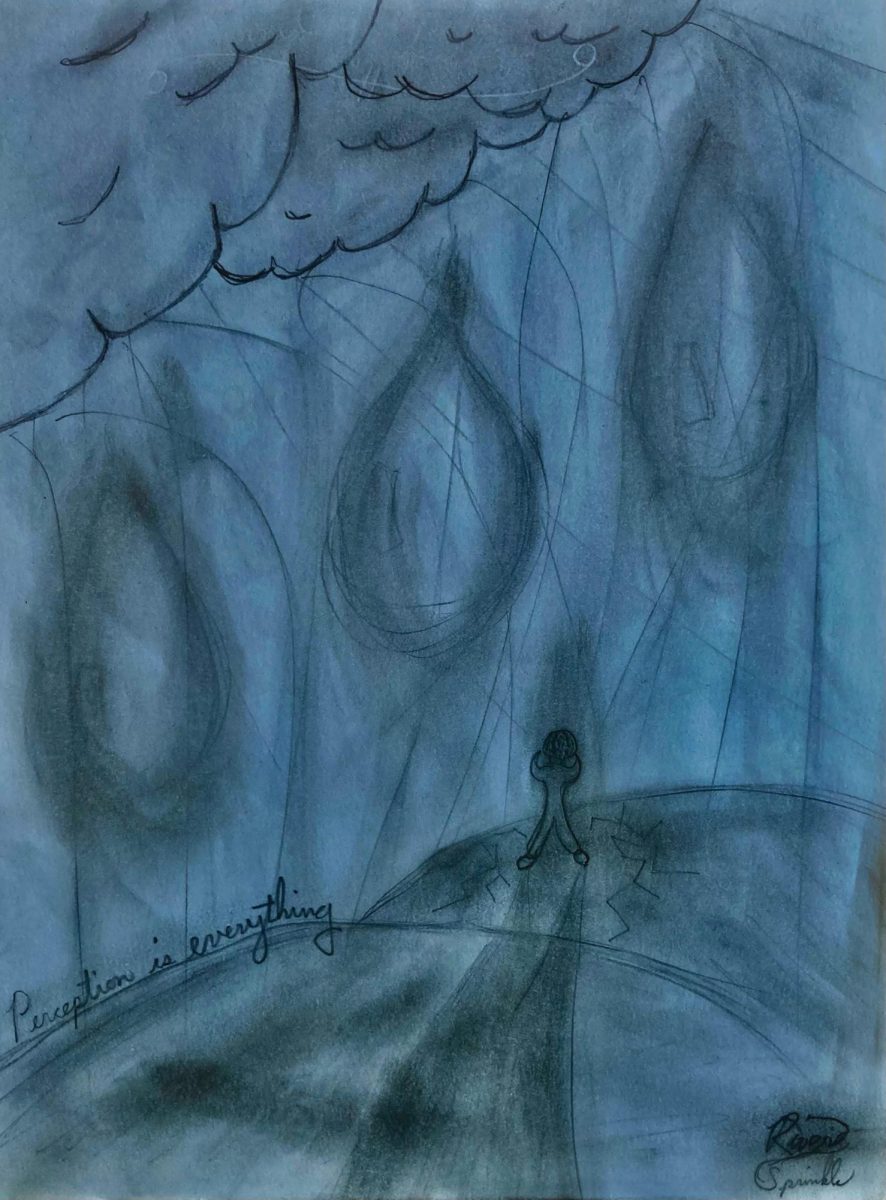A reply to a response
October 5, 2016
A week ago I wrote an editorial about how the familiar Christian proselytizers who come onto campus each semester play an important role in making students reflect on their assumptions about life, and how frustration students feel at the men’s presence is only frustration students allow themselves to feel, when that need not be the case.
I received numerous responses. The Buchtelite published one of those responses as an editorial in its Tuesday, Oct. 4 issue. As that piece made its own assumptions about myself, and as I think my original argument misunderstood, I hope you will not be averse to my writing this reply as a continuation of the discussion which many people are having, if not with others, with themselves.
I do have friends whom the Christian men may affect negatively. Yet I do not think their discomfort is worth banning the men from campus.
In fact, my wish is to remove the issue as far as possible from personal considerations – precisely because such personal considerations can affect us so much, that we fail completely to understand, or even to attempt to understand, others’ intentions, ideas, viewpoints, and beliefs.
Such was my original point: that before one can say anything about the rightness or wrongness of any person’s views, one must attempt to understand them. How could one fairly judge a belief if one does not know what that belief is?
This is what causes so much confusion when those men come to campus. Students approach them all too willing to judge, all too unwilling to listen. Listening, however, in no way requires agreeing. Nor does it require disagreeing. But what agreeing or disagreeing both require – is listening.
Listening will also clear up misunderstandings, so that when a student does disagree with them, the foundations of their disagreements are solid. As I wrote previously, it is not enough to say the men preach hate, for they will tell you otherwise. Nor is it enough to say they are insensitive, for talking to them betrays their sensitivity. And so on.
It was suggested in the response editorial that only those who have nothing to lose are permitted to ignore the proselytizers. I do not believe, necessarily, that anyone is permitted to ignore them. One may ignore them if one wants. But ignoring them is the root cause for the issues I described above; confronting them and listening to them is the root cause for understanding, however wrong they may be. (To those curious, I spent about an hour conversing with them.)
In total, I do not believe their presence compromises the learning environment; I believe their presence is part of the learning environment. A college campus is perhaps one of the only places, if not the only place, where such discussions can occur, and true diversity of opinion can exist. Some of those discussions may be offensive, but that cannot be helped lest a college campus cease to be the ideal which we ascribe to it – and cease to be fully diverse.
I would, of course, say similar words to those men. But I am not concerned with them as much as with the students, as I, as well as anyone else familiar with UA, know that the students can be stronger, smarter, and more considerate than those men if they so choose.








